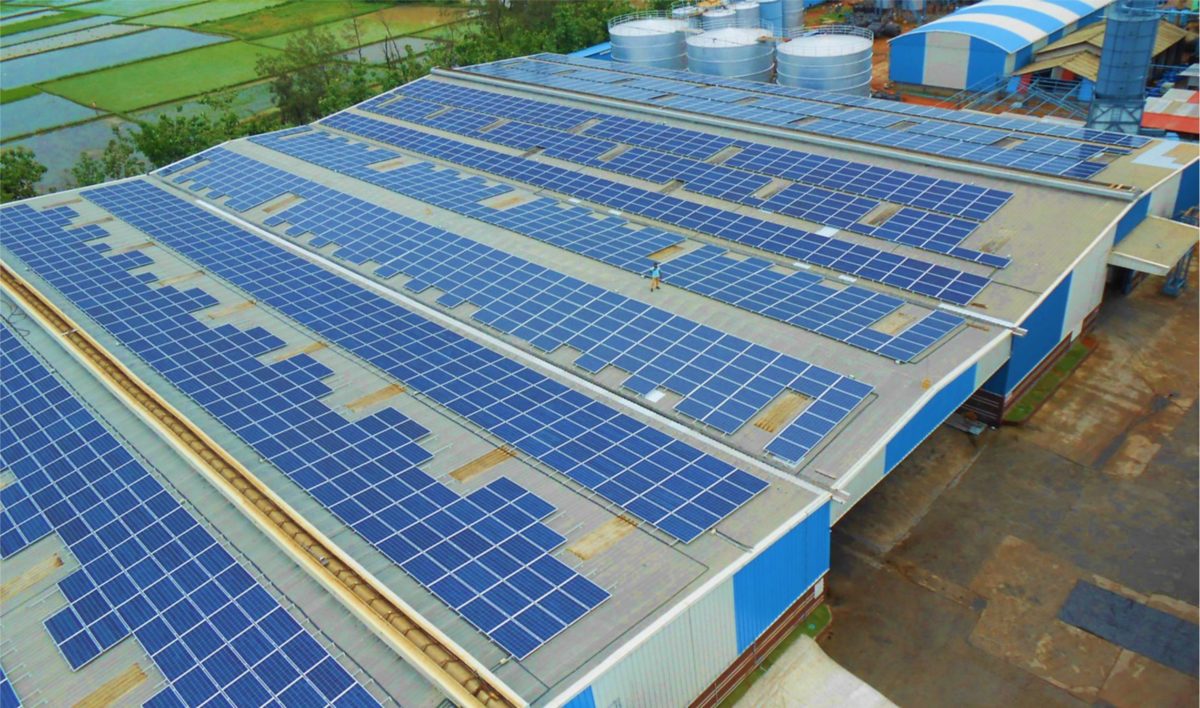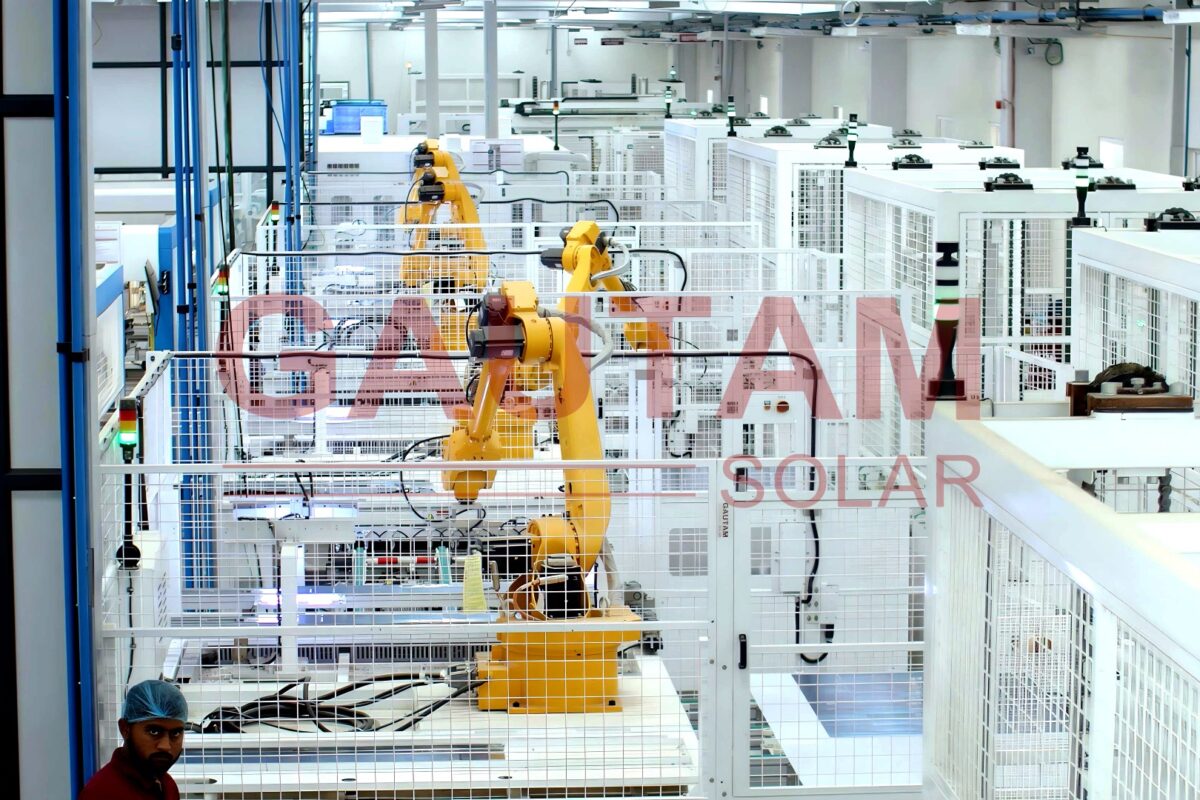Delhi Police and Solar Energy Corporation of India (SECI) have signed a memorandum of understanding to set up an aggregate capacity of 3-4 MW grid-connected rooftop solar energy systems on police establishments across the capital.
Delhi Police has more than 200 number of establishments spread across the Capital and their electricity requirements are quite significant. Delhi Police intends to utilize vacant roofs of their buildings to harness solar energy and to cater part of their electricity demand through the generated green energy. This would also help it cut electricity bill significantly.
On this occasion, Amulya Patnaik, Commissioner of Police, Delhi said that Delhi Police has always been in the forefront in adopting new technology and innovative practices in all spheres of its working. He hoped that this project would be completed soon in a phased manner with active cooperation between the two agencies.
Lauding the initiative of Delhi Police, Anand Kumar, Secretary, Ministry of New and Renewable Energy hoped that this would be followed by other government departments/State police forces in time to come.
SECI has been at the forefront in implementation of Ministry of New and Renewable Energy’s grid-connected rooftop solar schemes. More than 365 MW rooftop solar systems, spread over more than 4000 buildings, have been commissioned under SECI’s scheme, making it the largest facilitator in India’s rooftop solar programme.
This content is protected by copyright and may not be reused. If you want to cooperate with us and would like to reuse some of our content, please contact: editors@pv-magazine.com.









1 comment
By submitting this form you agree to pv magazine using your data for the purposes of publishing your comment.
Your personal data will only be disclosed or otherwise transmitted to third parties for the purposes of spam filtering or if this is necessary for technical maintenance of the website. Any other transfer to third parties will not take place unless this is justified on the basis of applicable data protection regulations or if pv magazine is legally obliged to do so.
You may revoke this consent at any time with effect for the future, in which case your personal data will be deleted immediately. Otherwise, your data will be deleted if pv magazine has processed your request or the purpose of data storage is fulfilled.
Further information on data privacy can be found in our Data Protection Policy.